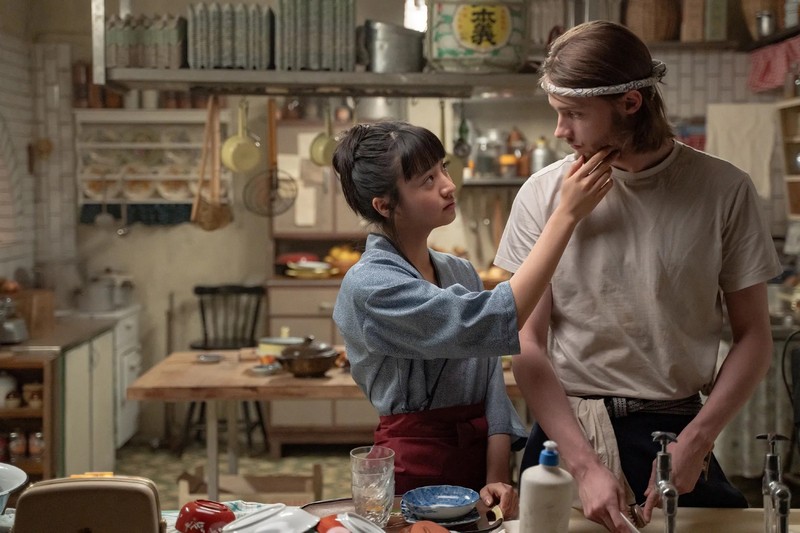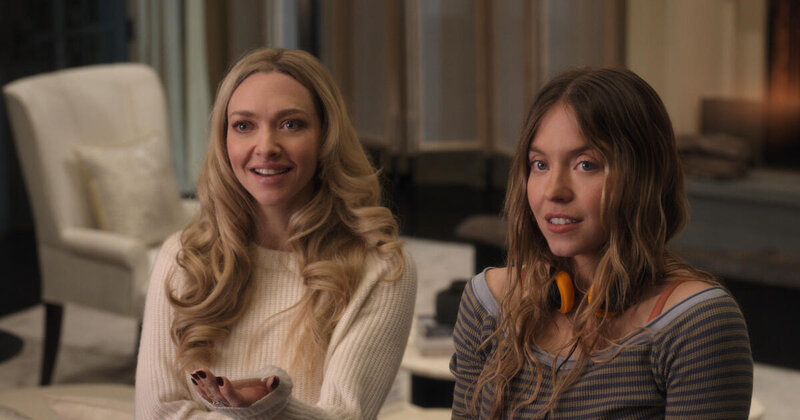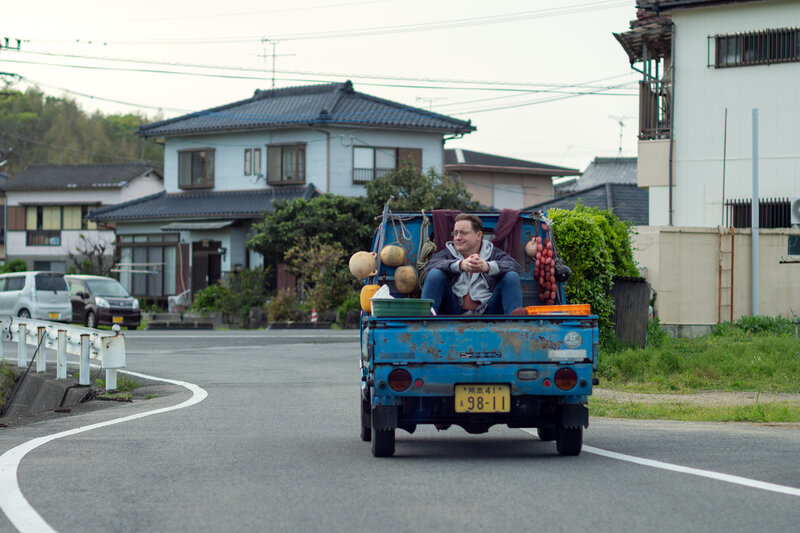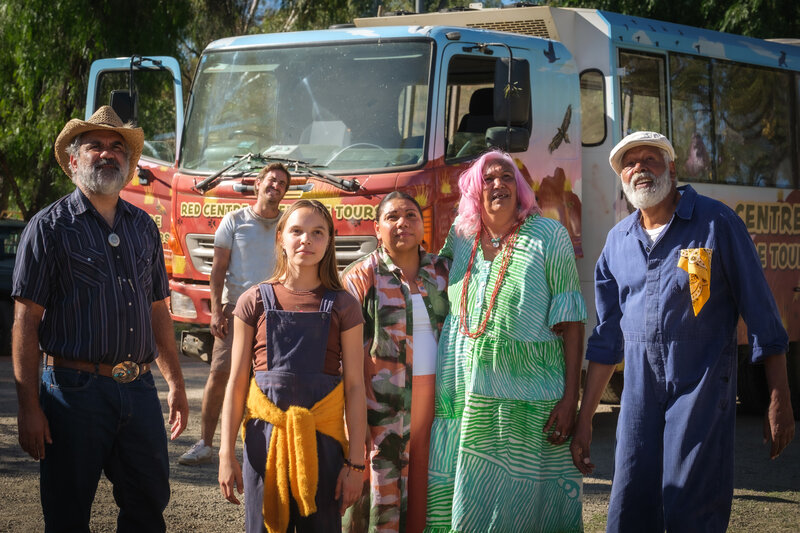Sensitive and affecting, Touch is a love story that spans the ages. The central characters meet at a Japanese restaurant in the UK.

On principle, young Icelander Kristofer (Palmi Kormakur) gives up his place at the prestigious London School of Economics to work as a dishwasher at the busy eatery. He meets the restaurant owner’s daughter, Miko (Kôki), also a student, who works there part-time. She and her father emigrated to London from Hiroshima in 1957. Their past lives form an important part of the back story. The connection between Kristofer and Miko is palpable. He is shy and cares deeply. She goes after what she wants. Theirs is a clandestine relationship, but circumstances tear them apart and they won’t meet again for more than half a century.
By then, Kristofer’s (now Egil Olaffson) cards are marked and he is told to pursue any unfinished business before it’s too late. The COVID outbreak is in its infancy. Masks and distancing are beginning to be a part of everyday life. Citizens are being urged to return home. Nevertheless, the now-elderly man closes his restaurant in Iceland and takes a flight to try to find his lost love.
Told through flashbacks, Touch is a heart-wrenching story, both dramatic and romantic. It’s beautifully composed and executed by writer and director Baltasar Kormakur (Beast), alongside fellow writer and author Olafur Johann Olafsson. It is a welcome change of pace for Kormakur, best known in the US for his bigger action and survival films.
While Touch has a gentle tone, it unfolds against one of the greatest atrocities of WWII. I felt like I was going on a journey with the key protagonists, one that I was pleased to be taking. I yearned for a happy ending. Touch brings us all the “feels”, with nuance and conviction. The rich and redolent characters, along with the pacing and production design, make Touch as good as it is. Nothing is rushed. Rather, I felt a sense of calm and timeliness.
Palmi Kormakur oozes charm and sensuality as the young Kristofer. Egil Olaffson parlays that into determination and respect as the elder incarnation. There is joie de vivre and enthusiasm about Kôki’s portrayal of the young Miko. Masahiro Motoki embraces his pivotal role as Miko’s principled but obstinate father, Takahashi-san.
Touch is a movie with light and shade, joy and heartache, enhanced by the strength of the secondary players. It’s a film I highly recommend to those that enjoy intelligent, thought-provoking filmmaking.
Alex First
Other reviews you might enjoy:

Alex First is the editor of The Blurb. Alex is a Melbourne based journalist and communications specialist. He also contributes to The Blurb on film and theatre.





